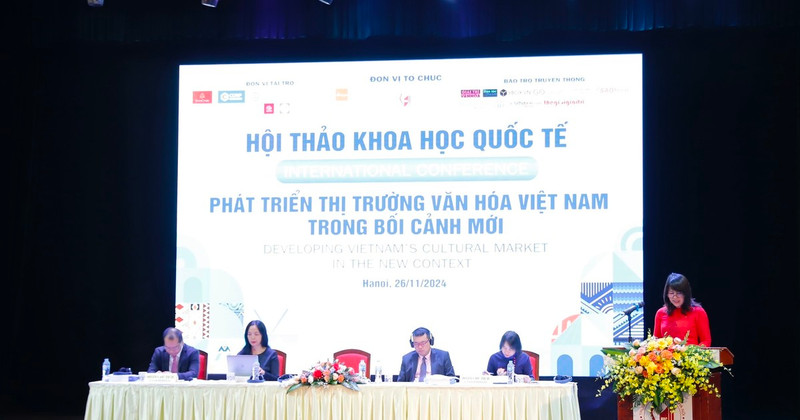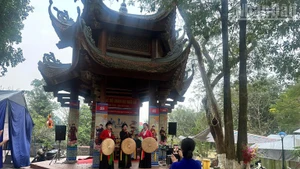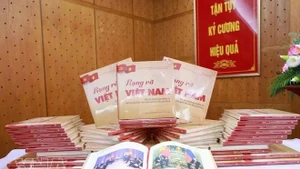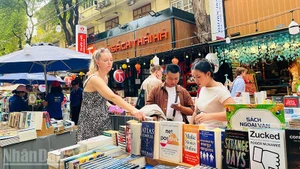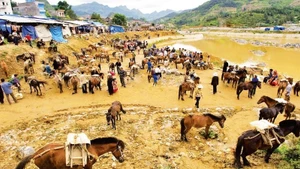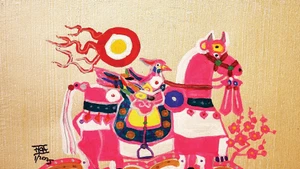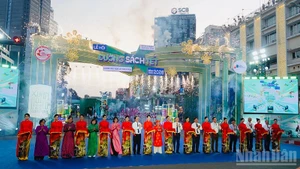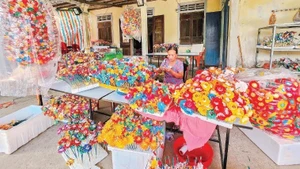In recent years, Vietnam's cultural market has made notable progress. Cultural products and services have become more diverse and rich. Thanks to the Party and State's renewal policies, which have prioritised culture as a key objective in building and enhancing the spiritual life of the people while also creating material value that contributes to the economy, all sectors of society can directly participate in the creative, consumption, and enjoyment of culture.
However, the cultural market in our country still reveals many shortcomings and limitations, such as small-scale, spontaneous, and non-professional growth. Cultural products in many fields remain poor and monotonous, with weak competitiveness and insufficient appeal to attract public interest. Moreover, the domestic cultural market faces the risk of being overwhelmed by foreign cultural products, particularly in areas like music and cinema. The root causes of this issue lie in the lack of breakthrough policies for cultural development, insufficient synchronisation, and failure to effectively encourage and create the best conditions for businesses and citizens to engage in the cultural market. Additionally, the shortage of high-quality human resources in the cultural sector remains an issue in terms of quantity and quality.
At the recent international scientific conference "Developing the Vietnamese Cultural Market in the New Context", organised by the Hanoi University of Culture, many domestic and international experts provided valuable insights into developing the cultural market in the current period. The presentations discussed practical issues such as policy development, the role of science and technology, public-private partnerships, and the development models of creative cultural industries.
Experts particularly emphasised the human factor in building and developing the cultural market in the age of technology. Accordingly, human resource training must be a top priority. Cultural workers must master new machinery and technologies, hone their skills, and be rich in creative ideas. This is a vital requirement to create appealing products, both in content and form, attracting customers.
Cultural development policies need to be more open and practical and truly become a driving force for unleashing creative and production capacities in cultural industries, which are considered the focus of Vietnam's Cultural Development Strategy with a vision to 2030 as outlined by the Government. To reduce the dominance of foreign cultural products, it is essential to carefully review the importation of foreign cultural products and limit those incompatible with Vietnam's culture and customs.
Raising the "special" nature awareness of the cultural market is necessary among the public, businesses, and cultural managers. Cultural products contribute positively to the national economy, cultivating character, building a healthy social environment, combating unhealthy cultural trends, and protecting the nation's spiritual foundation.
